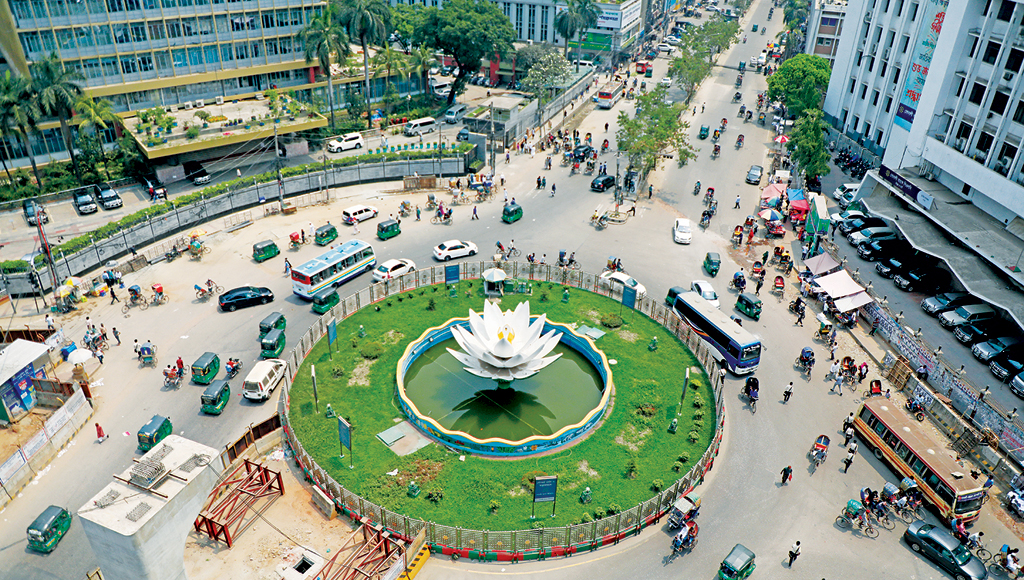
The number of bank accounts held by the extreme poor has been declining, with deposits in these accounts remaining sluggish, due mainly to high living costs, according to bankers.
According to the Bangladesh Bank’s quarterly report, the deposits in such bank accounts edged up to Tk 235 crore in December compared with those of Tk 234 crore in September 2023 and Tk 214 crore in December 2022.
The deposits in the poor’s bank accounts had dropped to Tk 201.37 crore in June 2022 from Tk 214 crore in December 2021 and Tk 238.84 crore in June 2021.
The deposit amount was Tk 246 crore in June 2020 and Tk 376 crore in June 2019.
The number of bank accounts held by the extreme poor individuals dropped to 34.83 lakh in December 2023 from 35.61 lakh in the previous quarter ended in September 2023.
There were 35.37 lakh and 34.86 lakh such accounts at the end of 2022 and 2021, respectively.
However, the number of bank accounts in Bangladesh with more than Tk 1 crore in deposits continued rising though the country has been facing economic woes and inflationary pressures for quite some time.
According to Bangladesh Bank data, the number of such large bank accounts increased by 3,322 to reach 1,16,908 at the end of December, up from 1,13,586 in September 2023 and 1,09,946 in December 2022.
The central bank’s financial inclusion programme allows marginalised individuals to open bank accounts with deposits as low as Tk 10, Tk 50 and Tk 100.
Non-frill bank accounts are available to various groups, including farmers, garment workers, extremely poor people and beneficiaries of social safety net programmes.
Students aged under 18 years can also open bank accounts with an initial deposit of Tk 100.
These accounts were launched by the central bank to provide a safe place for people to keep their money without any charges.
Bankers said the deposits in non-frill bank accounts rose slightly due to an increased disbursement of government’s subsidy and salary.
Till the December quarter, the government disbursed more than Tk 1,000 crore of subsidy/salary to 69.52 lakh NFAs held with various segments of marginalised people.
The total amount deposited in bank accounts with deposits of Tk 10, Tk 50 and Tk 100 slightly increased by 18.6 per cent to Tk 4,565 crore in December 2023 from Tk 3,849 crore in September 2023.
The amount was Tk 3,564.87 crore in December 2022.
The number of non-frill accounts rose to 2.7 crore in December 2023 from 2.61 crore in December 2022.
Non-frill accounts play a significant role in the distribution of foreign inward remittances.
The cumulative amount of foreign remittances received through these accounts by the end of the reporting quarter increased by 5 per cent to Tk 674.6 crore compared with that in the previous quarter ending in September 2023.
In this quarter, 1,67,349 new school banking accounts were opened.
The number of school banking Accounts increased by 4.14 per cent over the previous quarter.




